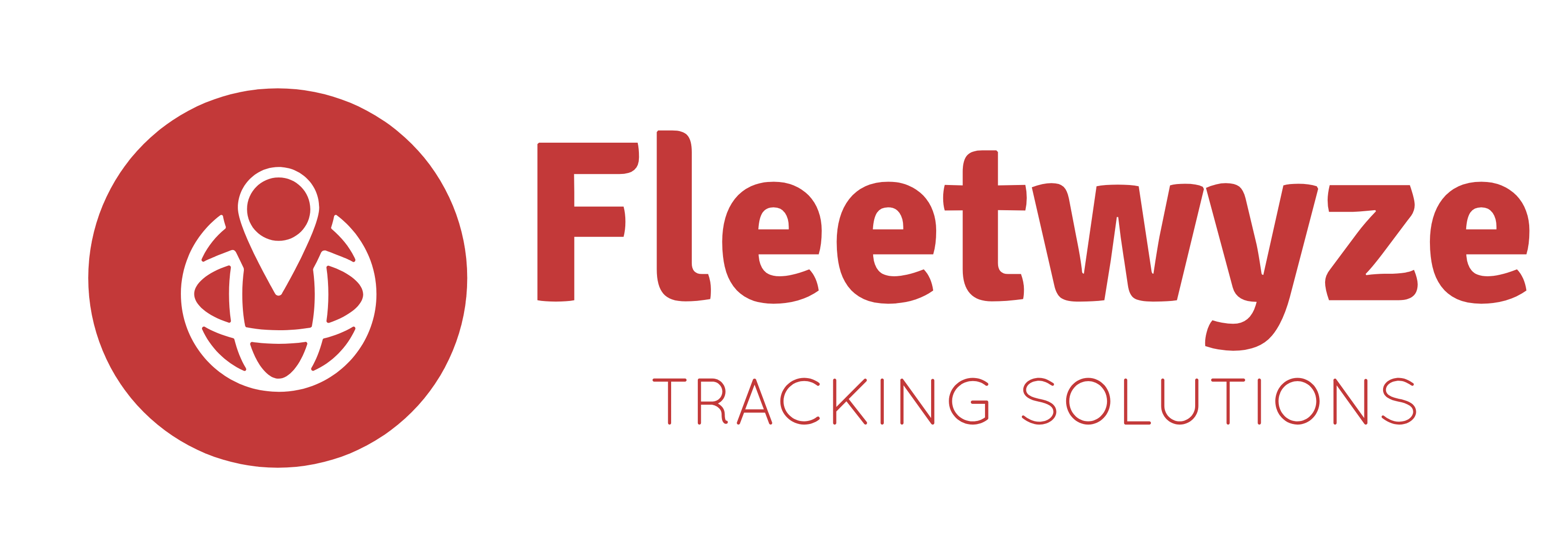Request More Information
FLEET OVERSIGHT: A NEW LEVER FOR CSR TRACTION


Fleet Management & Corporate Social Responsibility
As environmental, social and governance factors enter the mainstream – both for investors managing risk and executives trying to stay ahead of evolving consumer appetites – most companies can’t afford to ignore corporate social responsibility, or CSR.
This heightened attention on sustainability came into focus last November, when the CEOs of Canada’s eight largest pension plans issued a joint statement calling on companies and investors to provide consistent and complete environmental, social, and corporate governance (ESG) disclosures. Meanwhile, recent enforcement actions from the Federal Motor Carrier Safety Administration (FMCSA) in the U.S., citing certain safety violations such as hours-of-service status (HOS) noncompliance, haven’t merely imposed fines against offending companies, but have forced businesses to cease motor-carrier operations altogether, at least temporarily. It just underscores the potential risk to operators who ignore these factors. The upcoming ELD Mandate in Canada looks to accomplish the same north of the border.
It’s against this backdrop that many executives are scrutinizing their operations to see where they can score some easy wins for their own CSR efforts. And while it can often be overlooked, fleet management represents one of the bigger opportunities to move the needle on this front, with both a PR and business-performance payoff.
How Can Fleet Management Software & Telematics Have an Impact?
Traditionally, the motivation to install fleet management systems stems from the operational efficiencies available through optimizing routes, tracking true working hours and managing fleet health. What many discover is that these systems are far more sophisticated than most initially assume, incorporating GPS technology, AI dashcams, electronic logging devices (ELD), and mobile in-field workflow tools, like Titan FieldDocs. Thanks to this fleet tracking technology, the company’s fleet assets suddenly create a “waterfall” of data – extractable through sensors and IoT devices – that provides a robust source of data and analytics around fleet performance.
At its core, the sophistication of fleet management systems today delivers improved business outcomes – from workflow operations and fleet operations efficiency to loss prevention, keep maintenance costs in check and ensure fleet compliance. What many further discover is that these tools can be just as impactful in delivering material improvements in key environmental, social and governance categories.
For instance, it’s not uncommon upon deploying a new system that companies can realize productivity gains in the range of 20% in the first year, potentially as high as 50% over time depending on the size and type of the fleet (from construction and transportation vehicles to field service, delivery, or public works cars and trucks).
It goes back to the oft-repeated maxim that you can’t manage or improve what you can’t measure. At the same time, through the benefit of transparency, fleet management systems demonstrate the positive impact on business performance when companies can suddenly track their fleets in granular detail and show traction on core ESG metrics.

Fleet Management & Environmental Impact
Consider just the environmental impact through better managing fuel and energy resources. Small and seemingly insignificant actions can have an exponential effect when the changes are extrapolated over an entire fleet of vehicles. UPS, for instance, famously instructs its drivers to avoid left-hand turns whenever possible. The company has estimated that this saves approximately 10 million gallons of fuel each year.
Even far smaller companies can realize a significant impact just by limiting the amount of idling across their fleet. Again, depending on the size and types of vehicles, most companies can document a 20% to 60% reduction in idling, sometimes even more depending on the nature of their fleet utilization, lowering both harmful emissions and fuel expenses.
Transparency, alone, creates awareness. Some companies, however, take conservation efforts a step further by creating alerts if a vehicle has been idling for a set amount of time or through dynamic driver scorecards to “gamify” the specific behaviors that lead to better outcomes.
In the same vein, GPS technology and route analysis can deliver mileage reduction rates of between 5% and 20%. Weather data, traffic and hazard alerts, and highway cameras, for instance, can be integrated into solutions to allow dispatchers and drivers to optimize their routes.
Meanwhile, smart sensors, built directly into the hardware of next-generation fleet management systems, can also detect tire pressure, heavy braking and excessive acceleration patterns, which collectively can have a significant impact on total emissions and fuel costs. Total savings often exceed 25% or more in some cases. Moreover, these are core features that pull this data straight from the vehicle’s electronic control units.
Fleet Management & Social Impact
The correlation between social factors and business performance isn’t always as obvious, but is critical to attract and retain employees, optimize their output and manage brand reputations. As such, these considerations are equally important to the long-term success of a company.
Specific to fleet management, it can be easy to overlook the latent risks. But based on data from U.S. Department of Labor’s survey of occupational injuries and illnesses, transportation recorded the second highest number of nonfatal injuries last year behind only agriculture, fishing and forestry.
With sensor that track braking, acceleration and excess speeds, for instance, or even cameras that monitor driving or hours of service, just knowing these metrics are being tracked can have a profound effect on driver behaviours and their overall safety. Again, depending on the nature of the fleet, reductions in aggressive-driving events often range between 50% to 99% in the first year, alone. In one case, scorecards were developed to tie aggressive driving to the specific driver — not merely the vehicle — while benchmarks were established to track progress and provide transparency around the goals.
These initiatives, beyond reducing the number of reportable incidents, do indeed have an impact on the bottom line in the form of fleet health and reduced insurance claims. Moreover, these efforts contribute to a safer work environment and directly increase productivity by reducing lost days due to injuries.
Fleet Management & Environmental Impact
The biggest revelation for many executives after fleet management systems are implemented is just the sudden clarity into a part of the business that many organizations previously couldn’t access or surveil.
Dispatchers, for instance, can suddenly see when and where vehicles from the fleet take a detour. Usually, this is no big deal if it happens once week for a 15-minute stop, but if three separate crews are spending half an hour, five days a week, in the parking lot of a Tim Hortons, it will have an impact.
Companies can also recognize when vehicles are being used off the clock or, alternatively, provide tools to reward top performers. In this sense, fleet data can also influence personnel decisions, so executives know when teams are either over- or under-resourced with precision.
And compliance, particularly through ELD systems, can track HOS and Driver Vehicle Inspection Reports (DVIR). It’s not just about ensuring the drivers are complying with federal safety regulations; in the U.S., the FMCSA’s governance of MAP-21 allows the agency to impose fines as high as 2% of a company’s annual gross revenue for noncompliance – which is not an insignificant sum.

What Does It Mean for You?
Again, it comes back to the fact that companies can now manage what they previously couldn’t see; fleet management systems in that regard enable total oversight and accountability.
One of the biggest challenges when it comes to CSR is determining what’s material for companies to have an impact on ESG factors – particularly across different industries – and, from there, determine metrics to track and measure progress against non-financial objectives. The good news is that technology can bring these metrics to bear; the best part for companies is that transparency into fleet operations, beyond just advancing ESG goals, will have a material impact on performance.
Request More Information on Fleet Trackers
Every fleet is different, and there are many variables that go in to finding what fleet tracking solutions are right for you. Request more information today so one of our reps can analyze your fleet and find a solution that fits your business the best. We will schedule a demo of our tracking systems as well as provide you a customized quote.



